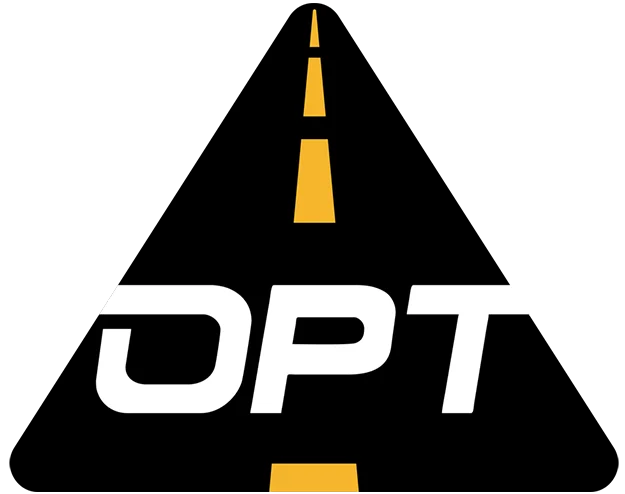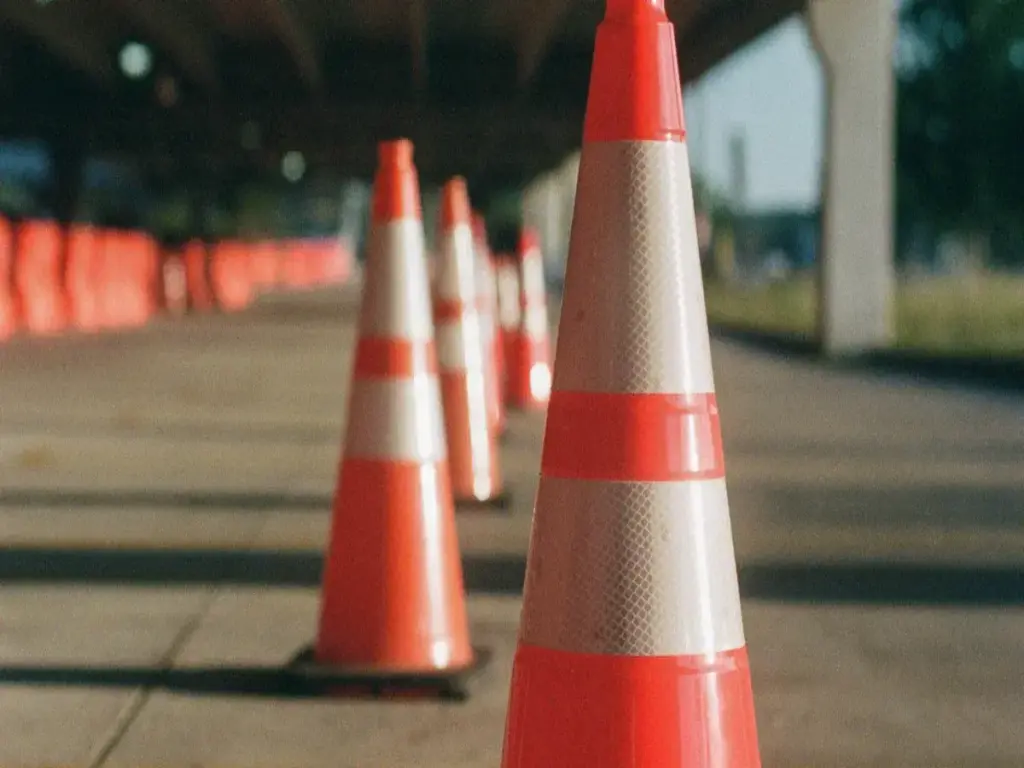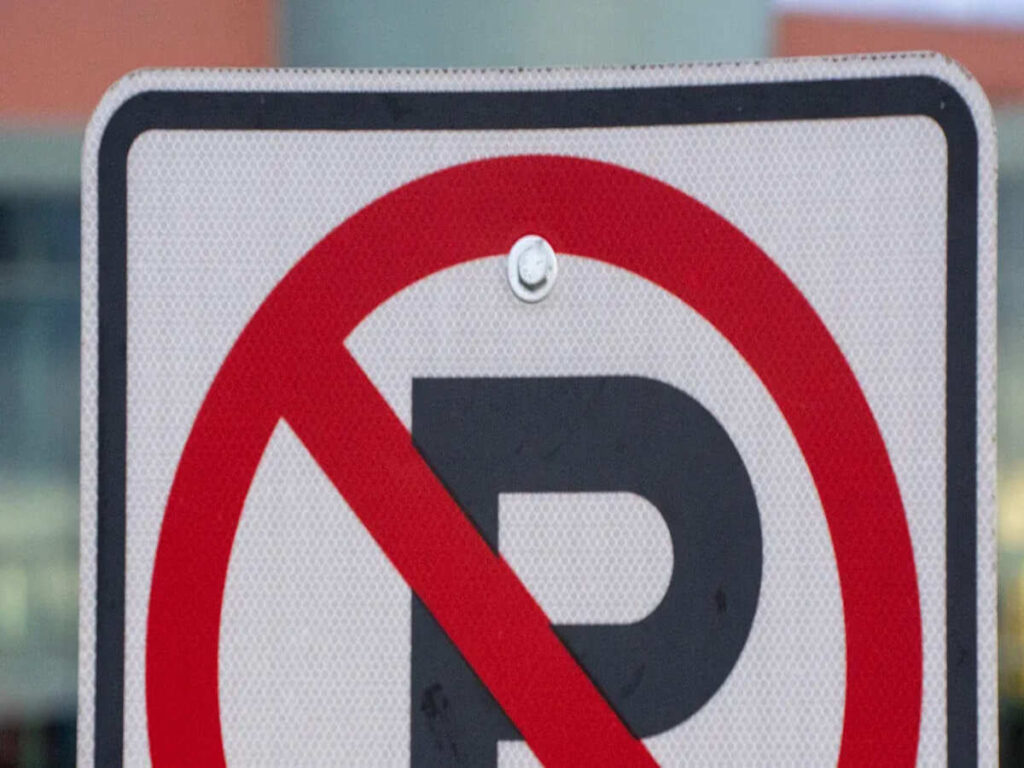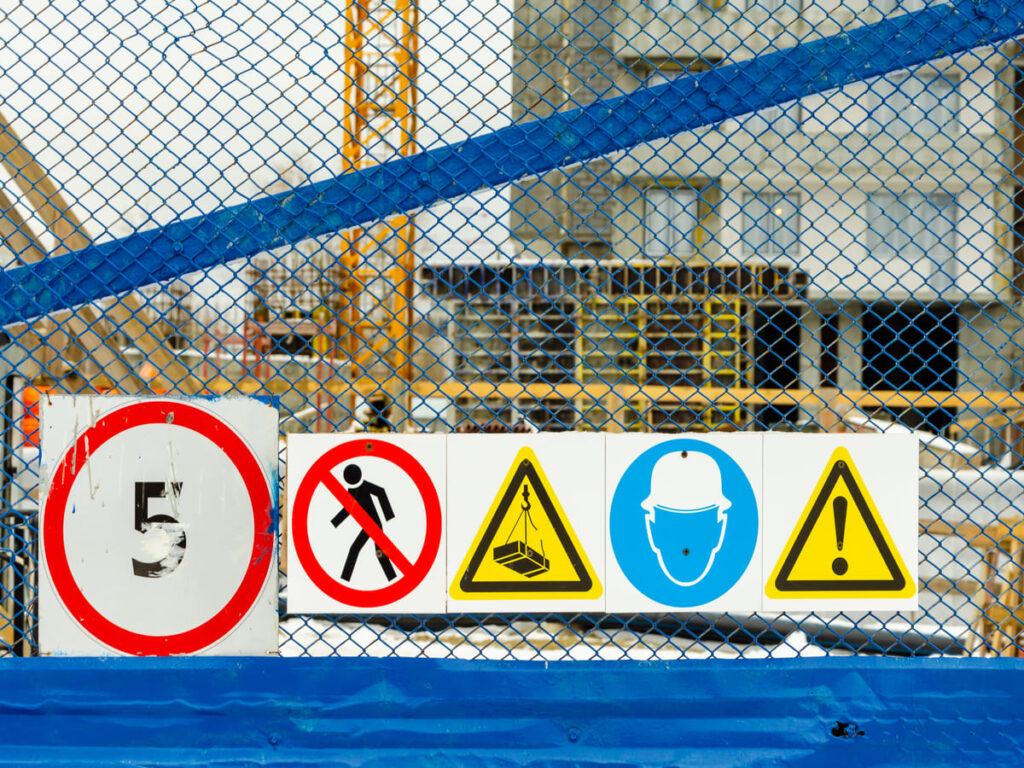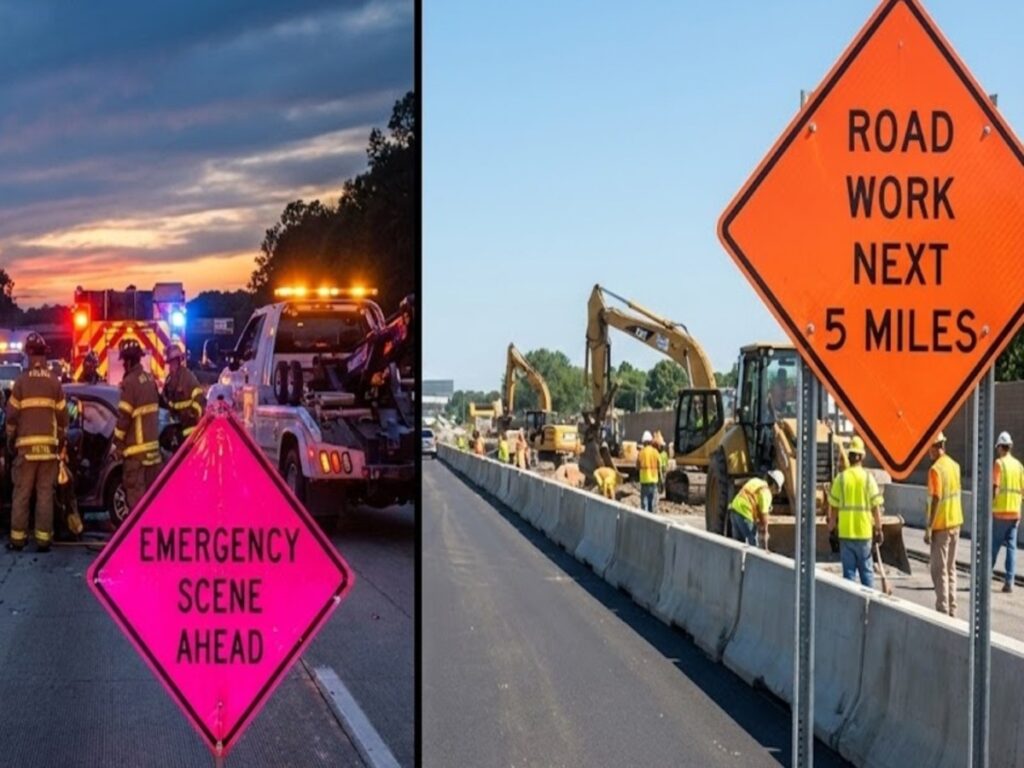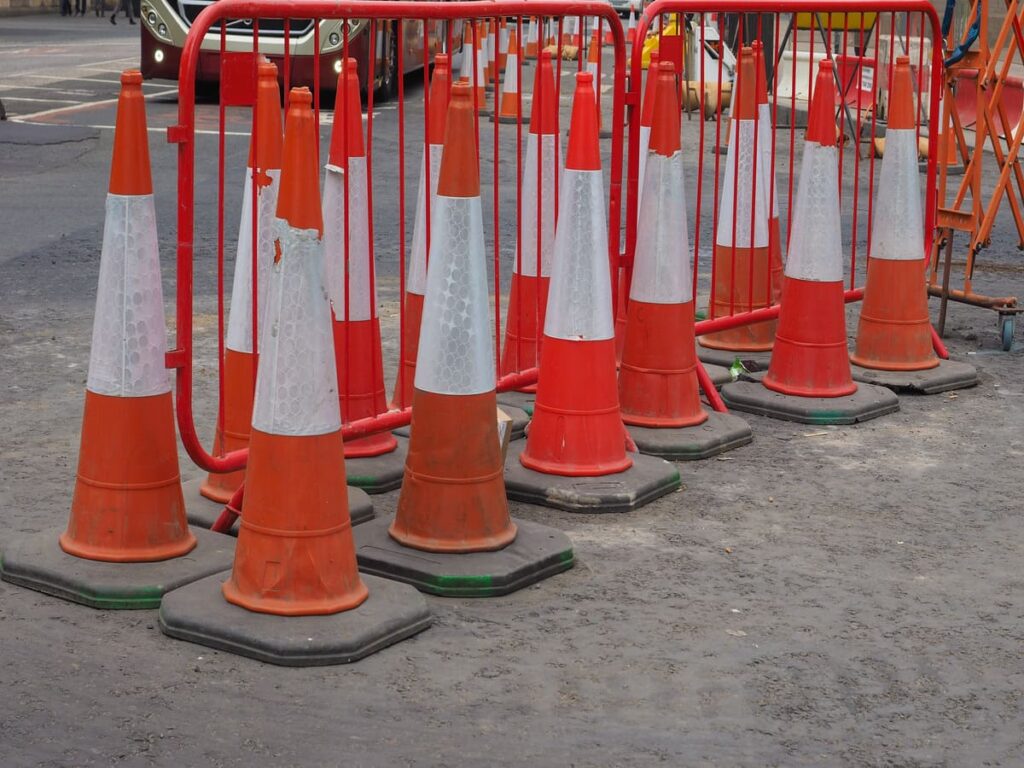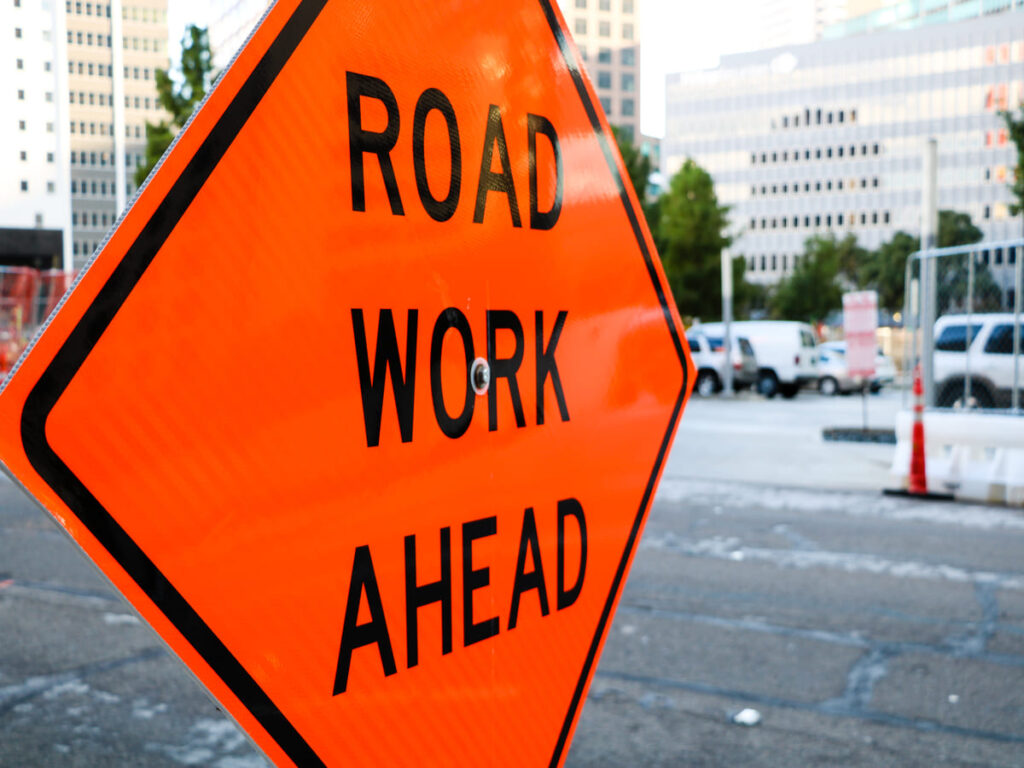
CE certification ensures that products meet European safety, santé, et normes environnementales. Pour un cône de sécurité routière, Cette certification garantit sa fiabilité et sa conformité aux réglementations strictes. You can trust CE-certified cones to perform effectively in managing traffic and enhancing road safety. Ces cônes répondent aux exigences spécifiques pour la durabilité, visibilité, et la sécurité environnementale, les rendre essentiels pour le flux de trafic organisé. En choisissant des cônes certifiés CE, Vous contribuez à des routes plus sûres et assurez l'adhésion aux normes européennes.
What is CE Certification?
Definition and Purpose of CE Certification
CE certification is a mark that shows a product meets European safety, santé, et normes environnementales. It ensures that the product complies with strict regulations set by the Union européenne (UE). When you see the CE mark, it means the product has undergone testing to confirm its quality and safety. This certification applies to a wide range of products, y compris les cônes de sécurité routière. Its purpose is to protect users and the environment while promoting fair trade across European markets.
Legal Significance of the CE Mark
The CE mark is more than just a label. It acts as a passport for products within the European Economic Area (EEA). Without this mark, manufacturers cannot legally sell their products in Europe. For you as a consumer, the CE mark guarantees that the product meets essential safety and performance standards. It also holds manufacturers accountable for their products. If a product fails to meet these standards, it can face recalls or legal penalties.
Scope of CE Certification for Traffic Safety Cones
CE certification covers several aspects of a traffic safety cone. It ensures the cone is made from durable materials that can withstand harsh weather and heavy use. The certification also checks for visibility, requiring traffic cones to have reflective properties for use in low-light conditions. En plus, it ensures the cone meets environmental and health standards, such as using non-toxic materials. This comprehensive scope ensures that every certified cone contributes to safer roads and better traffic management.
Why is CE Certification Important for Traffic Safety Cones?
Ensuring Safety and Reliability
CE certification ensures that every traffic safety cone meets strict safety and performance standards. Certified cones undergo rigorous testing to confirm their durability and stability. These tests ensure the traffic control cones can withstand harsh weather, circulation dense, and other challenging conditions. Par exemple, certified cones must maintain their reflective properties in low-light environments, making them visible to drivers at night. This reliability reduces the risk of accidents and enhances road safety. When you choose CE-certified traffic control cones, you can trust their ability to perform consistently in real-world conditions.
Compliance with European Regulations
CE certification guarantees that traffic safety cones comply with European laws. These regulations ensure that products meet essential safety, santé, et normes environnementales. Two key regulations govern traffic safety cones:
| Réglementation / norme | Description |
|---|---|
| Construction Products Regulation (CPR) | EU Regulation No. 305 de 2011, sets harmonized standards for construction products, ensuring safety and performance. |
| DANS 1317 | Specific standard for road restraint systems, detailing criteria for mechanical performance, durabilité, et installation. |
En répondant à ces normes, CE-certified traffic control cones can be legally sold across Europe. This compliance protects you as a consumer and ensures that only high-quality products are available in the market.
Enhancing Consumer Trust and Market Credibility
The CE mark builds trust between manufacturers and consumers. When you see this mark on a traffic safety cone, it signals that the product has passed strict quality checks. This assurance increases your confidence in the product’s safety and reliability. Pour les fabricants, CE certification enhances their reputation and credibility in the market. It shows their commitment to producing high-quality, compliant products. Par conséquent, CE-certified reflective traffic cones are more likely to be chosen by consumers and businesses, strengthening their position in the competitive European market.
Requirements for Traffic Safety Cones to Achieve CE Certification

Material Quality and Durability Standards
To meet CE certification, a traffic safety cone must be made from high-quality materials. These materials should resist wear and tear caused by heavy use and harsh weather conditions. Par exemple, reflective traffic cones used on highways must withstand strong winds and vehicle impacts without tipping over or breaking.
Durability is another critical factor. The cone’s base must provide stability, while the body should maintain its shape even under pressure. Manufacturers often use materials like PVC or rubber for their flexibility and strength. You should always check if the reflective traffic cones meet these durability standards before purchasing.
Signes OPT offre une gamme de CE-certified cônes de circulation designed to meet these rigorous durability and safety standards.
Visibility and Reflectivity Requirements
Visibility plays a vital role in ensuring road safety. A CE-certified traffic safety cone must remain visible during the day and night. High-quality reflective materials are essential for this purpose. These materials allow the cones for traffic control to reflect light from vehicle headlights, making it noticeable even in low-light conditions.
The cone’s color also matters. Bright colors like orange or red are commonly used because they stand out against most backgrounds. You should ensure the cone’s reflective properties meet the required standards for maximum visibility.
Environmental and Health Compliance
CE certification also ensures that traffic safety cones comply with environmental and health regulations. The materials used must be non-toxic and safe for both humans and the environment. Par exemple, the cone should not release harmful chemicals when exposed to sunlight or rain.
Durabilité is another important aspect. Many certified cones for traffic control are now made from recyclable materials, réduire leur impact environnemental. By choosing such products, you contribute to a safer and greener planet.
Conseil: Always look for traffic control cones with clear documentation of their compliance with these standards. This ensures you are investing in a product that meets all safety and environmental requirements.
Testing and Certification Processes
Testing and certification ensure that a traffic safety cone meets all CE requirements. This process involves several steps to confirm the product’s safety, durabilité, and compliance with European standards. Understanding these steps helps you recognize the effort behind creating a reliable product.
- Initial Assessment
Manufacturers begin by identifying the specific EU directives and standards that apply to their product. For traffic safety cones, this includes regulations on material quality, visibilité, and environmental compliance. This step ensures the product aligns with the necessary guidelines before testing begins. - Product Testing
Testing evaluates the cone’s performance under real-world conditions. Laboratories assess its durability by simulating harsh weather, impacts, and prolonged use. Reflectivity tests measure how well the cone remains visible in low-light environments. Environmental tests check for harmful chemicals or materials that could pose risks to users or the environment. - Conformity Assessment
After testing, manufacturers must document the results in a technical file. This file includes test reports, spécifications du produit, and proof of compliance with CE standards. Depending on the product, manufacturers may self-certify or work with a third-party organization (called a Notified Body) to verify compliance. - CE Marking and Declaration
Once the product passes all tests, the manufacturer can affix the CE mark to the cone. They must also issue a Declaration of Conformity, which serves as a formal statement that the product meets all applicable standards. This document is essential for legal market entry in Europe.
Note: Always check for proper documentation when purchasing a CE-certified traffic safety cone. This ensures the product has undergone rigorous testing and meets all safety requirements.
Benefits of CE Certification for Traffic Safety

Improved Road Safety and Accident Prevention
CE certification plays a vital role in improving road safety. Certified traffic safety cones meet strict standards for durability and visibility. These cones remain stable in high winds and heavy traffic, reducing the risk of accidents caused by falling or misplaced cones. Their reflective properties ensure they stay visible at night or in low-light conditions, aider les conducteurs à naviguer en toute sécurité.
When you use CE-certified cones, you contribute to accident prevention. These traffic control cones undergo rigorous testing to ensure they perform reliably in real-world conditions. This reliability makes them essential for construction zones, réparations routières, et autres zones à haut risque. En choisissant des produits certifiés, Vous aidez à créer des routes plus sûres pour tout le monde.
Discover a variety of CE-certified traffic cones at OPTsigns, conçu pour répondre aux normes de sécurité les plus élevées.
Standardization Across European Markets
CE certification ensures uniformity in traffic safety equipment across Europe. This standardization simplifies the process of marketing products like traffic safety cones in different countries.
- CE-certified cones comply with European standards, making them acceptable in all EU and EEA markets.
- The certification eliminates trade barriers, allowing manufacturers to sell their products without additional testing or approvals.
- The CE mark guarantees high standards of quality, sécurité, and environmental protection, which are crucial for traffic safety equipment.
When you purchase CE-certified cones, you benefit from consistent quality and performance, no matter where they are made or sold. This standardization also fosters trust in the products, ensuring they meet the same safety requirements across all regions.
Legal and Financial Risk Mitigation
Using CE-certified traffic safety cones helps you avoid legal and financial risks. Products without CE certification cannot be legally sold in Europe. If you use uncertified cones, vous risquez des amendes, pénalités, or even liability for accidents caused by substandard equipment.
Certified traffic control cones protect you from these risks. The CE mark ensures the product complies with all relevant laws and regulations. Manufacturers must provide documentation proving their cones meet safety, santé, et normes environnementales. This accountability reduces the likelihood of product recalls or legal disputes. By choosing certified cones, you safeguard your operations and avoid unnecessary expenses.
Conseil: Always verify the CE mark and accompanying documentation to ensure the product meets all legal requirements.
How to Identify CE-Certified Traffic Safety Cones
Recognizing the CE Marking
Le CE mark is the first thing you should look for when identifying a certified traffic safety cone. This mark is usually printed or embossed directly on the cone or its packaging. It consists of the letters “CE” in a specific font and spacing. The mark indicates that the product complies with European safety, santé, et normes environnementales.
Pay close attention to the appearance of the CE mark. Genuine markings follow strict design guidelines. Counterfeit products often display marks that look similar but do not meet the required standards. Par exemple, the spacing between the “C” et “E” in the mark should be consistent with official guidelines. If the mark looks irregular or poorly printed, it may not be authentic.
Conseil: Always inspect the CE mark carefully to ensure it matches the official design. This simple step can help you avoid uncertified products.
Verifying Certification Documentation
The CE mark alone is not enough. You should also check the product’s certification documentation. Manufacturers of CE-certified traffic safety cones must provide a Declaration of Conformity. This document confirms that the product meets all applicable European standards.
Ask the seller or manufacturer for this documentation. Review it to ensure it includes details like the product’s specifications, résultats des tests, and compliance with relevant EU directives. A reliable manufacturer will always provide this information without hesitation.
Note: Keep a copy of the documentation for your records. It serves as proof of the product’s compliance and quality.
Checking Compliance with Relevant Standards
To ensure the traffic safety cone meets European requirements, check its compliance with specific standards. Look for references to regulations like the Construction Products Regulation (CPR) ou DANS 1317 in the documentation. These standards cover essential aspects such as durability, visibilité, et la sécurité environnementale.
You can also verify compliance by researching the testing body that certified the product. Reputable third-party organizations, known as Notified Bodies, conduct rigorous tests to confirm compliance. If the product has been tested by one of these organizations, it is more likely to meet the required standards.
Conseil: Use online resources to cross-check the Notified Body’s credentials. This ensures the certification is legitimate and trustworthy.
CE certification ensures that traffic safety cones meet strict European safety and quality standards. This certification guarantees their reliability, Rendre les routes plus sûres pour tout le monde. It also allows manufacturers to access European markets while reinforcing consumer trust.
- CE marking signifies adherence to rigorous safety standards.
- It ensures products are safe and meet high-quality expectations.
- The certification process identifies and mitigates risks, Amélioration de la sécurité routière.
By choosing CE-certified traffic control cones, you promote safer roads and ensure compliance with European regulations. Always prioritize certified products to support safety and reliability in traffic management.
